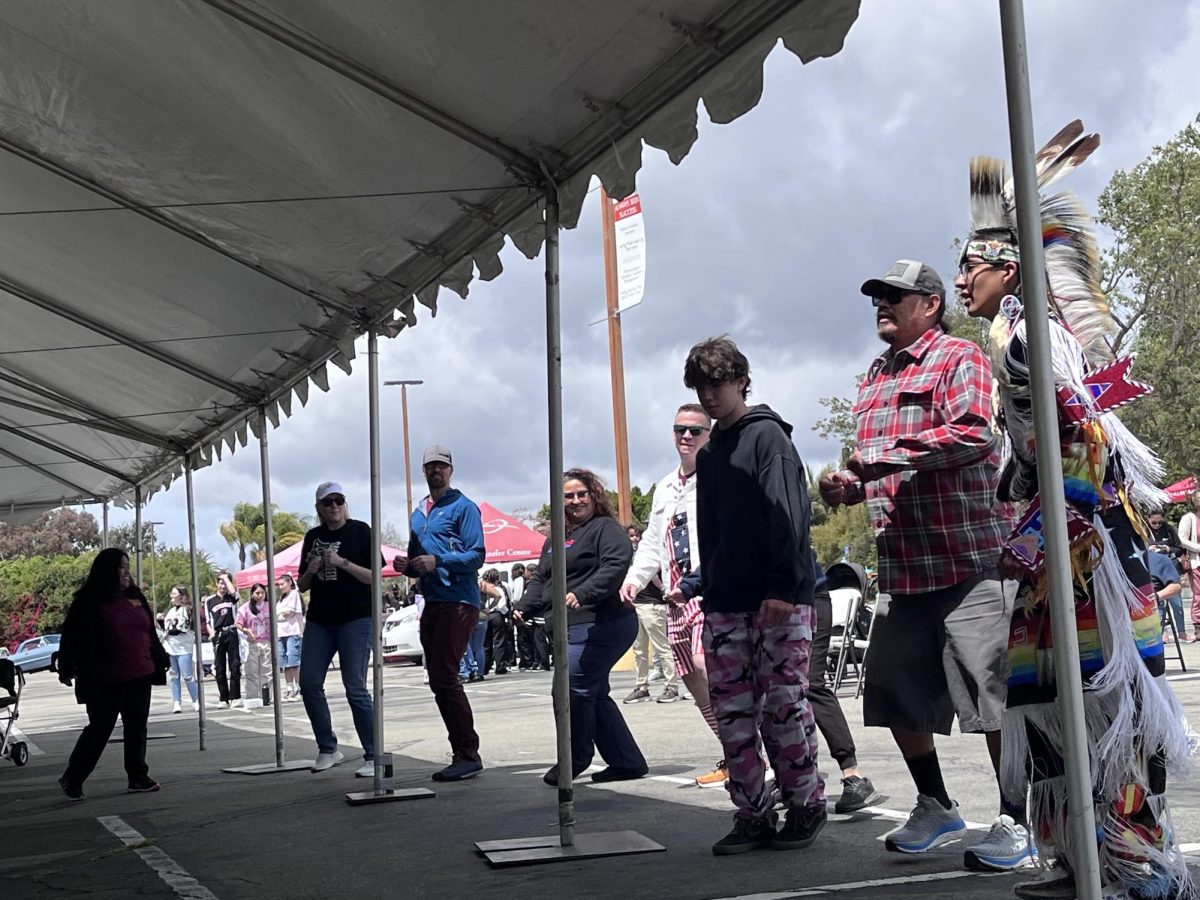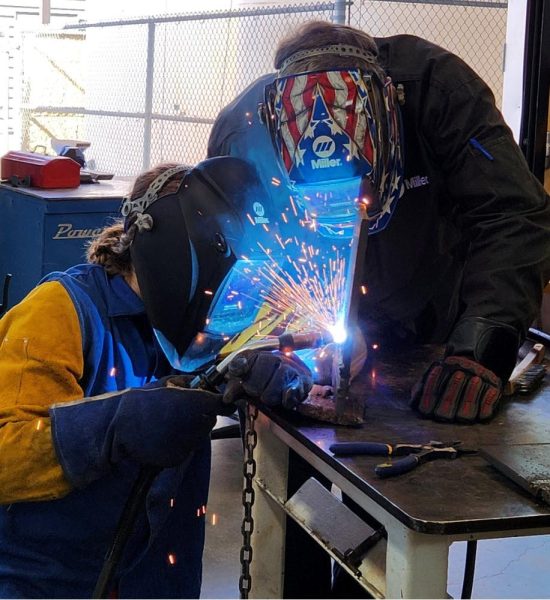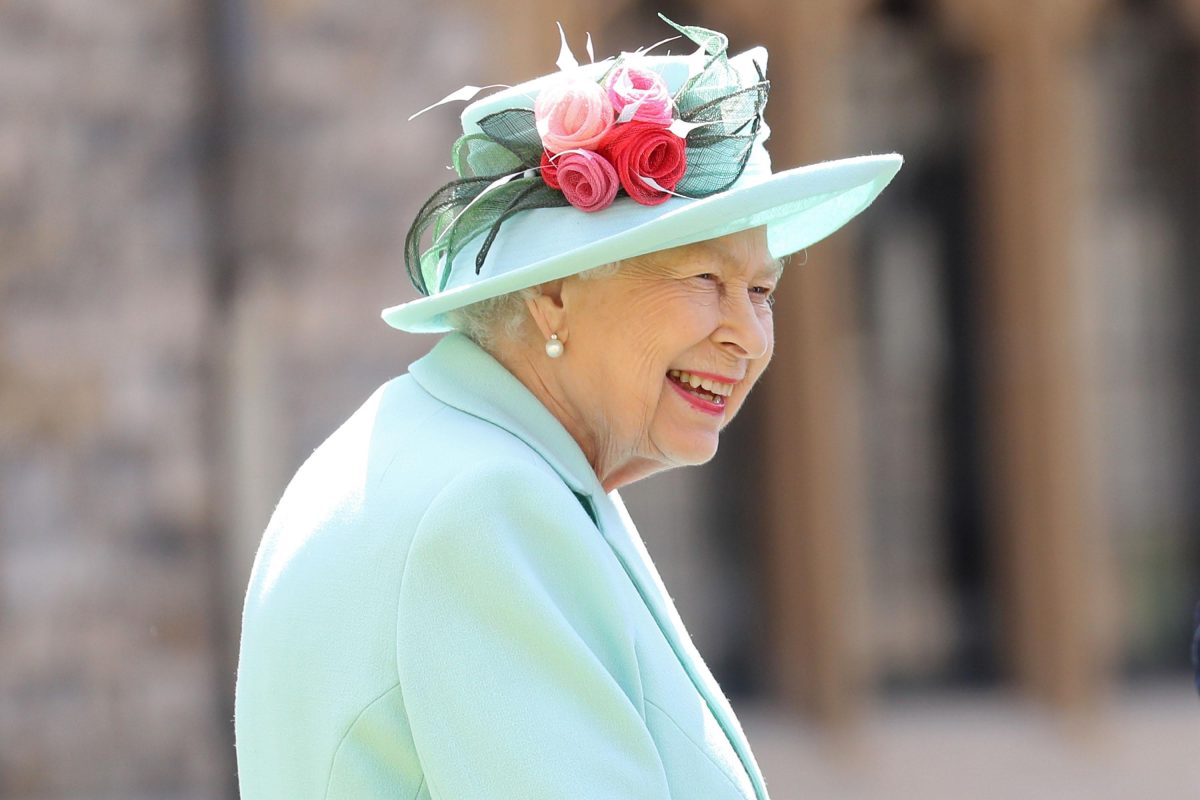In this article, Peter Bowman, Palomar professor of political science, gives his view on the state of the nation in America at the present moment in time when, in Bowman’s view, the executive branch may have already consolidated power beyond the point of no return while the Department of Government Efficiency seeks to act fast and break things in its governmental restructuring.
In Part I of this series, Bowman discussed how democracy in America might be backsliding to autocracy. Through stacking the legislature and the judiciary, the executive branch of government could consolidate power. An authoritarian-leaning leader who defies the courts and intimidates the populace into compliance would be able to potentially accelerate democratic backsliding toward an autocratic takeover, Bowman said.
Peter Bowman has worked as a political science professor at Palomar for 21 years, and he’s taught as a community college professor for a total of 29 years. While in graduate school, he specialized in international relations theory and the Middle East. At Palomar, his classes focus on American politics on a local and national level, international relations, and political theory.
Bowman said he believes America is shrouded in a fog of uncertainty. High tariffs, mass deportation and changes to social security have contributed to economic anxiety, and the U.S. political system and the constitutional order might be severely compromised in America today, according to Bowman.
The Telescope: Much has happened since Donald Trump has become president in his second term. What is your view on the state of the nation?
Bowman: Uncertainty is the best word I can think of. Economically, he just imposed 25% tariffs across the board on all goods from Canada and Mexico, an additional 10% on top of the 10% he had already levied on goods from China. Across the board, it’s not just targeted certain industries, but all goods [that] come into the United States. And then, given that a lot of American companies are getting these imports, it’s going to affect not just foreign importers, but domestic-based American companies too.
The whole point and hope of tariffs, also known as protectionism, is to protect domestic industries and domestic workers from unfair competition or market-access asymmetry. But when one considers that many of these domestic companies will pay for the higher imports, then with passing the costs on to consumers, inflation, which is at around 3% now, will likely increase. Many economists have projected that the average middle-income family will pay, on average, $1,300 more a year, which is $100 more a month. And for middle-income families, lower-income families living hand to mouth, $100 or more a month, it can be the difference between making it through or not.
So, between the high tariffs and mass deportations, if they increase, that could hinder a lot of migrant workers who are in agriculture, hospitality, service industries, home construction. That could enhance prices even more, and this could cause the un-ideal combination of stagflation, of inflation and contracting sluggish economic growth. So, there’s economic uncertainty out there.
With benefits, Social Security benefits are on the table. Many Social Security benefits already might be limited because social security administration offices are being shut down — that could skyrocket; wait times could increase; that could lead to the reduction in benefits.
So there’s a lot of economic uncertainty with the accelerating moves to consolidate executive branch power at the expense of the legislative branch. When the majority party of the legislative branch is largely complacent and compliant with this executive branch consolidation, and when the judicial branch — which has shown notable signs of counter checks — nevertheless will inherently move at a glacial pace. Therefore, by the time the courts would rule, might the executive consideration have already accelerated beyond the point of no return?
So, when you combine the economic uncertainty with the uncertainty of how the political system and how the constitutional order might be severely compromised, diminished in the coming months, coming years, I see a fog. You know, political scientists — social scientists in general — always like to game scenarios out, make projections: economic projections, political projections, policy projections, projections of the direction of the country. And it’s just one big fog — the fog of uncertainty.
The Telescope: Reports say DOGE, under Elon Musk, is offering federal workers eight months’ pay to resign and warning those who stay they’ll be fired. DOGE has also hinted at shutting down agencies. What’s driving these moves? Is DOGE trying to suppress dissent, or are other motives at play?
Bowman: I’ll start off with giving you a summary view of this constitutional law theory that was often seen at the fringe margins and has gained more mainstream acceptance among constitutional law scholars and people on the right in general. This is known as the unitary actor model.
The unitary actor model holds that because Article Two of the Constitution does not specifically put barriers to the president over control of his executive branch, it is therefore implicit that the President can do whatever he wants within his executive branch.
So, if the President wants to impound appropriations already allotted by Congress, because this appropriation money is now possessed by the executive branch vis-à-vis these very federal agencies, it is the President’s prerogative to impound and without funds if that’s what he wishes; or if the President wants to summarily hire, fire, free funding; or if the President wants to summarily hire or fire agency heads, including independent agency heads, including the Inspector Generals in each various cabinet and departments and agencies; or if the President wants to hire and fire at will federal employees — because these programs and this personnel and these agencies and this allotted funding is under the executive branch — he can do so. Article Two does not, per se, in so many words, prohibit the President from moving within the executive branch. Therefore, it is the President’s purview to do as he wishes under his executive branch.
This is called the unitary actor theory, and it began to receive traction under the George W. Bush administration. It received a bit more traction under the first Trump administration and is now on steroids under the second Trump administration.
To be fair, even though most of the political left and constitutional law scholars on the left oppose — at least intellectually opposed — the unitary actor model as a correct interpretation, many recent Democratic administrations implicitly went with it. They did so in terms of some executive actions that those Democratic presidents have taken.
So, effectively, it seems that the unitary actor model will be implicitly embraced by whoever the president is, regardless of party. But gradation also matters, and the unitary actor theory, as I just said a few moments ago, has been acutely amplified by the second Trump administration. So, that is the cue that then leads to the subject of Elon Musk and DOGE.
After the election, Trump first announced the creation of DOGE and Elon Musk, and originally Vivek Ramaswamy as the Co-heads. I thought at first that this would be White House advisory roles that many presidents have employed.
President Obama was famous for creating White House czars. So was President Bush.
Every president, at some point, has created new positions within the White House and hired heads of those advisory bodies, and they’re there to specifically, strictly give the president policy analysis. And that’s fine. Even those who oppose the unitary actor theory will acknowledge that when it comes to the White House, the White House is the President’s personal domain.
So, you want to create an energy czar or a government performance czar, which is what Barack Obama did; you want to create a Homeland Security Advisor, which is what President George W Bush did in the days following 911. If the President wants to create an office and then subsequently eliminate the office in the White House — hire someone, fire that person subsequently — that’s the President’s prerogative. That was my initial impression when Trump announced the creation of DOGE.
But it’s clear in the early going of the second Trump administration that DOGE is acting more than just a White House policy advisory body for the President. DOGE has been given actual teeth to actually enforce and implement.
So, the potential problem is that it could be unconstitutional, because Elon Musk is not an agency head. He has not been formally appointed by Trump, much less confirmed by the Senate, and the argument goes that only agency heads appointed by the President, confirmed by the Senate, can implement.
And Elon Musk is and DOGE are creating these unilateral actions of laying off probationary employees, creating a lot of uncertainty about the future of these agencies, freezing federal funding in some cases, closing offices. And again, this is where the unitary actor model clashes against the more prominent view of constitution law, where these agencies, every single one of these agencies created by Congress, every one of these positions the President appoints, created by Congress, all the federal funding appropriated by Congress.
Congress has the power of the purse under Article One, Section Eight of the Constitution. So, the constitutional problem is of DOGE doing this without any guardrails, without any congressional oversight, because of largely the Republican controlled Congress has abdicated oversight powers because they want to enable and be complicit with this President. And that’s a problem.
And of course, the other problem is Elon Musk is taking this “act fast and break things” and you can’t run a government agency like a business.
Government agencies have a kind of institutional culture and standard procedure and processes that you just can’t jettison the way you might be able to in a tech company. These are two different beasts here, and so Elon Musk is trying to take one model and accelerate it in a way that’s not compatible with the government agency.
The third issue is opaqueness, because in these various federal court filings, the Trump administration has argued that, in fact, Elon Musk is not making these decisions. Elon Musk is simply implementing them.
And, in fact, these decisions are coming from agency heads, or they’re coming from the OMB director, Russel Vought. The Office of Management and Budget (OMB) is a congressionally created office. Russel Vought was appointed by Trump, confirmed by the U.S. Senate, and the OMB does have implementation powers in line with current statutory law.
So, the Trump administration has been arguing that Russell, that the OMB or other agency heads, or the President himself, is creating these policy decisions, and Elon Musk is simply implementing them. And Elon Musk himself has no real policy power or implementation or executive authority. He’s just the implementer.
Well, because of the very stealthy, opaque nature in which DOGE has been operating, it’s very difficult to see who exactly is making these decisions. Is it Elon Musk? Is it another DOGE administrator? Is it the president? Is it Russ Vought at OMB, other agency heads? The opaqueness of it all, the very arbitrary randomness of it all, the encroachment of powers that both appropriations powers and legislative powers reserve for Congress, it’s creating all of these issues.
As far as other ulterior motives, there are a lot of allegations, and there’s a lot of concern that Elon Musk is specifically targeting federal agencies in terms of their funding, in terms of their personnel, in terms of their regulatory activity. All these agencies where that had oversight, over his companies, over Tesla, over Space X.
And if you take away the oversight, that presents a lot more opportunity for his companies to be even more profitable. And so that’s another issue—conflict of interest.
So, the constitutional issues, the opaqueness, the conflict of interest — it could be that Elon Musk is trying to amplify his own wealth, or that the ministry of DOGE is trying to create the pretext to deconstruct the administrative state from within. This has been a top priority: deconstructing, hollowing out the administrative state, reducing the size of government, cutting regulatory capabilities, appropriations, funding, and sourcing capabilities. All of these actions would hollow out the executive branch, the federal government, and consolidate power with personnel loyal to the President, to Elon Musk, and to the nationalist, populist ideas of Project 2025 and the Heritage Foundation.
Continue reading this interview in part three.
Part III in this series will focus on whether Trump’s administration threatens freedom of speech in American colleges and in America as a whole, and whether education as an institution is in jeopardy.
CORRECTIONS: May 12, 2025 @ 7:52 a.m. – A correction was made to this story. May 12, 2025 @ 11:30 a.m. – Additional corrections were made to this story. This is the current version of the story.













